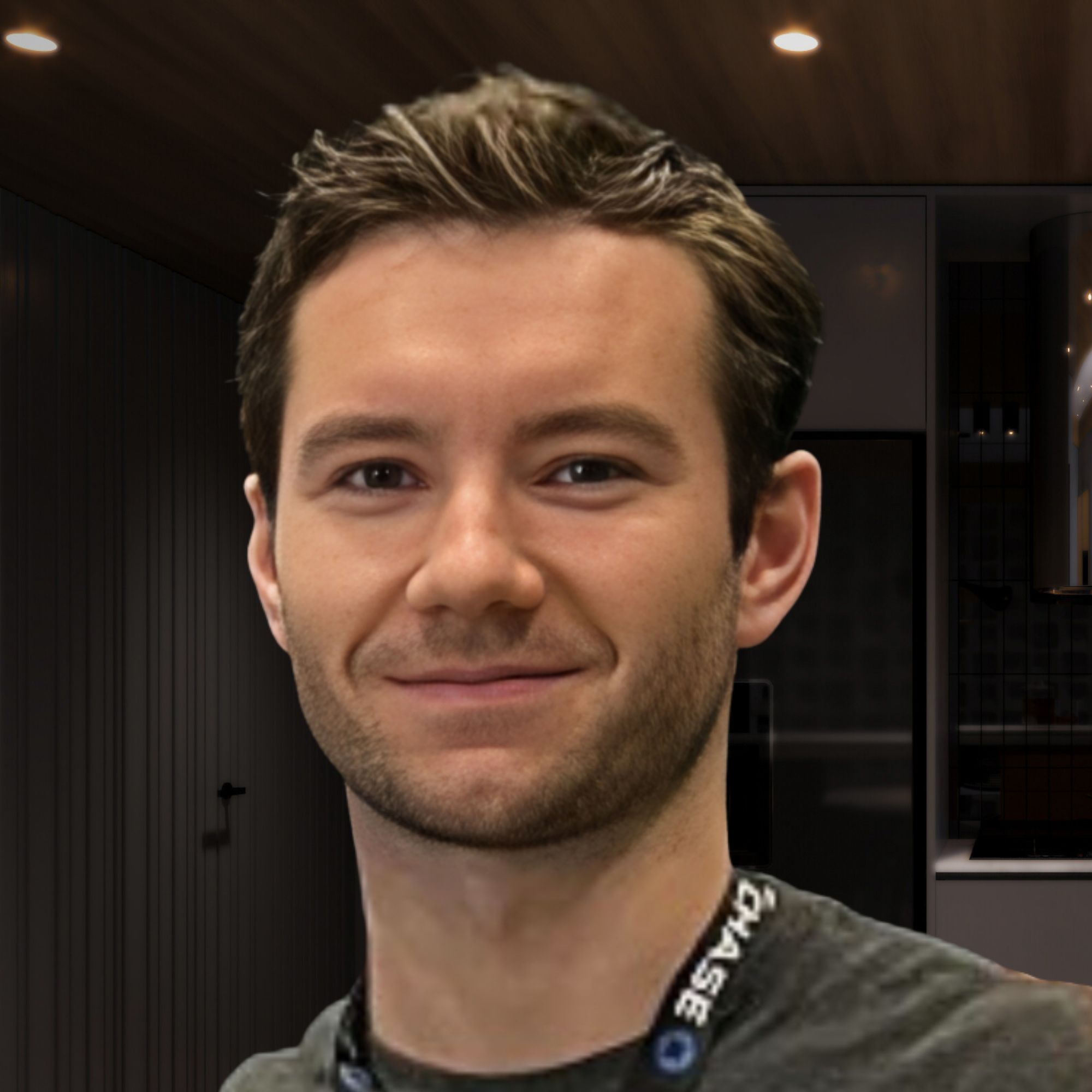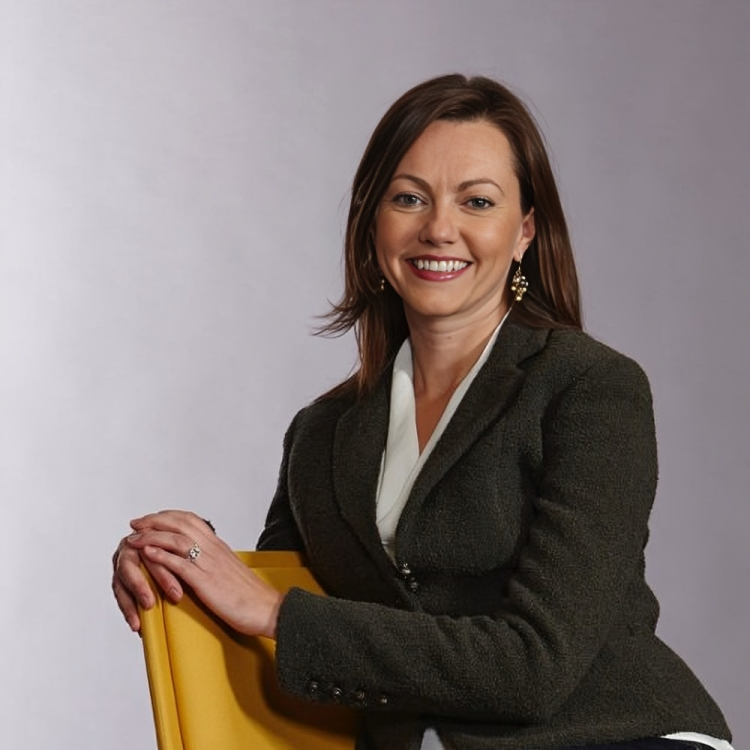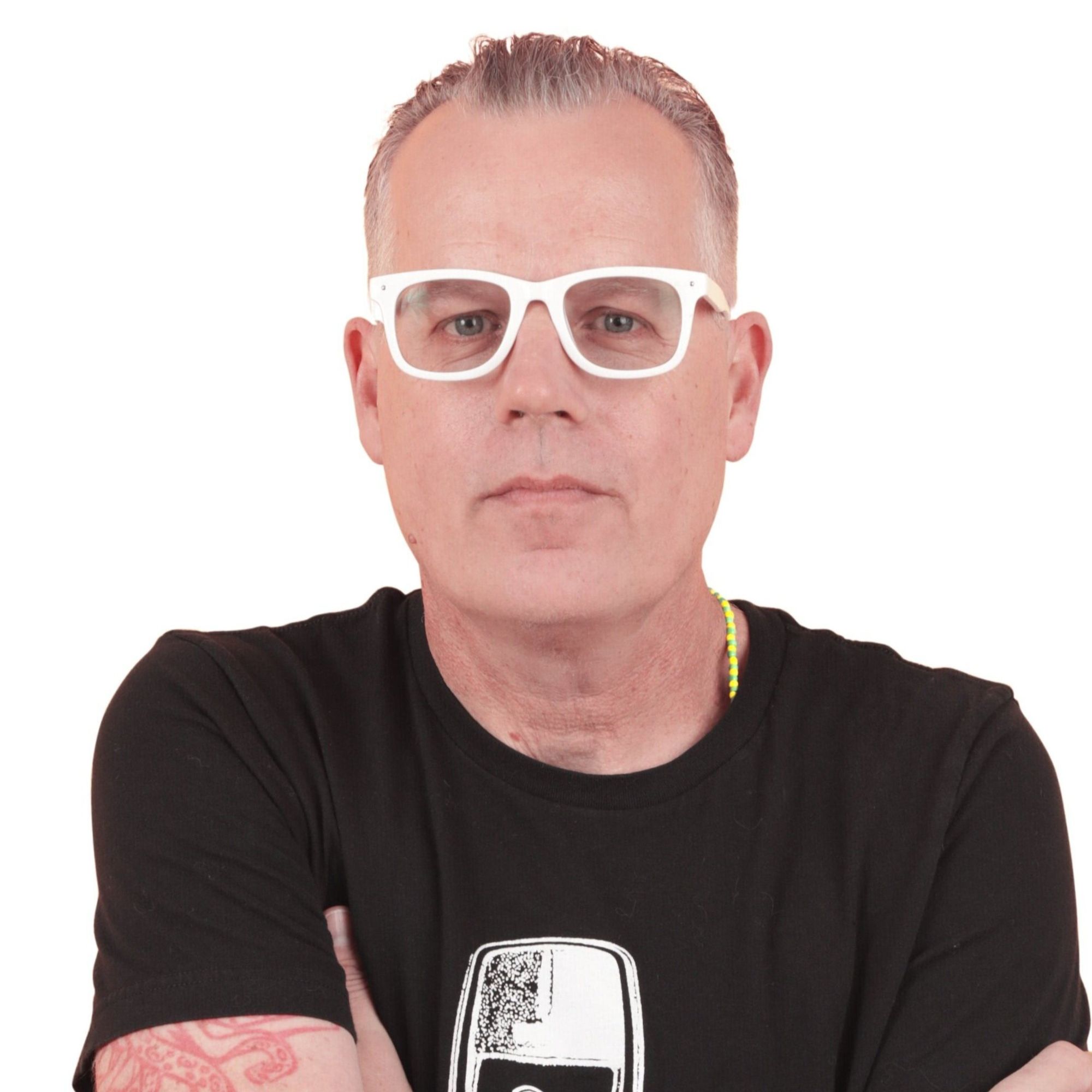Ready to launch your own podcast? Book a strategy call.
Frontlines.io | Where B2B Founders Talk GTM.
Strategic Communications Advisory For Visionary Founders
Conversation
Highlights
From Physics PhD to Kitchen Automation: How Dexai Robotics is Rethinking Commercial Kitchen Operations
The journey from building atomic clocks to revolutionizing commercial kitchens isn’t an obvious career path. But for David Johnson, founder of Dexai Robotics, this unexpected transition has led to pioneering innovations in kitchen automation. In a recent episode of Category Visionaries, David shared insights into scaling a robotics company in an industry historically resistant to technological change.
The Evolution of Kitchen Automation as a Category
What’s particularly fascinating about Dexai’s story is how the market perception of kitchen automation has shifted dramatically. “When we first started, people were rather skeptical, and they’re like, oh, I don’t want that in my kitchen,” David explained. “But then I think we have seen a shift, and Covid has accelerated this drastically where it’s just accepted and basically almost commonplace now with this idea of, oh, yeah, automation is coming.”
This evolution hasn’t just created market opportunity – it’s established an entirely new category. As David notes, “Kitchen automation… has become increasingly so, a real category with a vibrant ecosystem, a large number of players, and a lot of interest from the customers. So much so that you’re starting to see kitchen consulting groups knowing about automation and specking different automation solutions for the customer.”
Finding Product-Market Fit Through Customer Pain Points
Rather than trying to revolutionize entire kitchen operations, Dexai focused on solving specific, high-volume pain points. “We all have to eat. That’s part of the universal human experience,” David explained. “And eventually, after you’ve prepared enough meals, you start doing things over and over again, which are repetitive and are really not the fun or engaging parts of cooking.”
This insight led to targeting commissary kitchens, where the need for consistent, high-volume food preparation is most acute. David elaborated: “We’ve seen basically a lot of traction in commissary kitchens, which is really these places where you’re preparing tens to hundreds of prepackaged meals that go out into a refrigerator or out onto a line to be sold.”
The Hidden Challenges of Scaling Hardware
Perhaps the most valuable insight for founders comes from David’s candid discussion of scaling challenges. While many assume the technology would be the primary obstacle, the reality is different: “The operational piece of it actually turns out really probably to be the hardest one. So the tech is actually fairly straightforward. But operationally, things like getting reliable Internet at your customer site, making sure that your customer knows how to handle a smart appliance and is able to use it, interfacing with IT departments, all of these things are challenging.”
This revelation led to a crucial learning about the importance of partnerships. Looking back, David reflected: “One of the things I think we would do differently is do more partnerships and build less of our technology in house. So we’ve built a lot of stuff ourselves, which has given us an incredible note, but it also is very expensive.”
The ROI-Driven Go-to-Market Strategy
Dexai’s go-to-market strategy centers on a clear ROI narrative. “At roughly 100 units, actually closer to about 90, it is cheaper to use a robot than any other mode of assembly,” David explained. “And then your payback period is anywhere from roughly about a year at those kind of minimum volumes, to it can be as fast as like three months if you’re producing really high volumes.”
This straightforward value proposition has proven particularly compelling in an environment where commercial kitchens face significant staffing challenges. As David noted, “Bottom line, there’s a massive shortage of staff in commercial kitchens. And because of that, you often have the people who are there and who are showing up to work are dealing with more tasks and activities than they’re really able to handle.”
For B2B tech founders, Dexai’s journey offers valuable lessons about the importance of focusing on specific, high-value problems and building scalable operations alongside innovative technology. Success in hardware isn’t just about building great technology—it’s about building great operations that can scale with that technology.
Actionable
Takeaways
Identify Inefficiencies Ripe for Automation:
Dexai's success stems from targeting a specific pain point in commercial kitchens - the need to automate repetitive, mundane tasks that don't require human creativity. Founders should look for similar opportunities to streamline processes and free up skilled workers to focus on higher-value activities.
Leverage Existing Trends and Attitudes:
The COVID-19 pandemic accelerated the acceptance of automation in the kitchen, as did the long history of using machines in food preparation. By tapping into these existing trends and attitudes, Dexai was able to overcome initial skepticism and position its solution as a natural evolution of kitchen technology.
Craft a Compelling ROI Narrative:
With a clear value proposition around cost savings and productivity gains, Dexai can demonstrate a tangible return on investment for its customers. Founders should strive to quantify the financial benefits of their solutions and communicate them effectively to potential buyers.
Anticipate Operational Challenges:
Scaling a hardware-based solution requires more than just technological innovation. Founders must also consider operational issues such as installation, maintenance, connectivity, and user training, and develop strategies to mitigate these challenges as they grow.
Balance In-House Development with Partnerships:
While building proprietary technology can create a strong moat, it can also be time-consuming and expensive. Founders should carefully evaluate which components of their solution are truly core to their value proposition and consider partnering with others for non-critical elements to accelerate development and reduce costs.


























